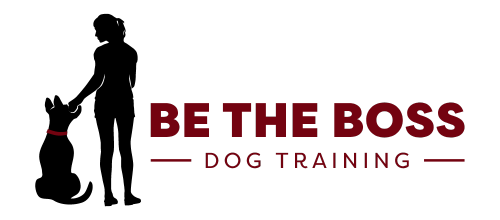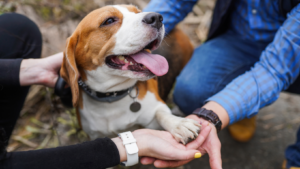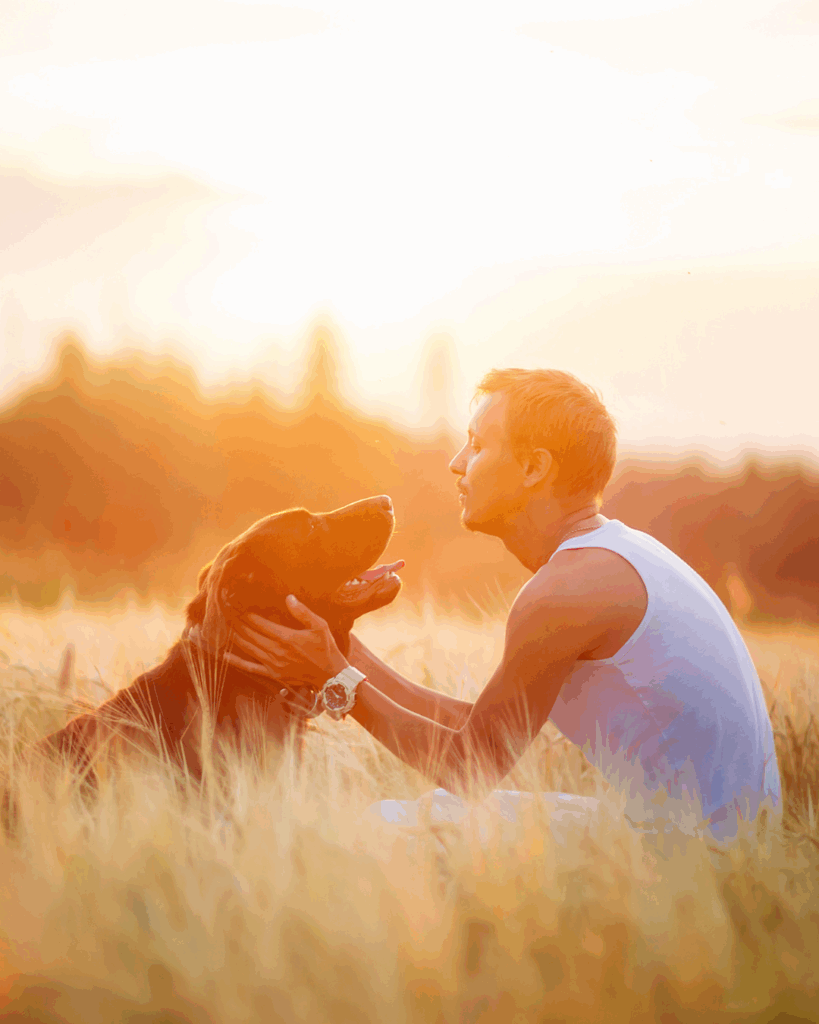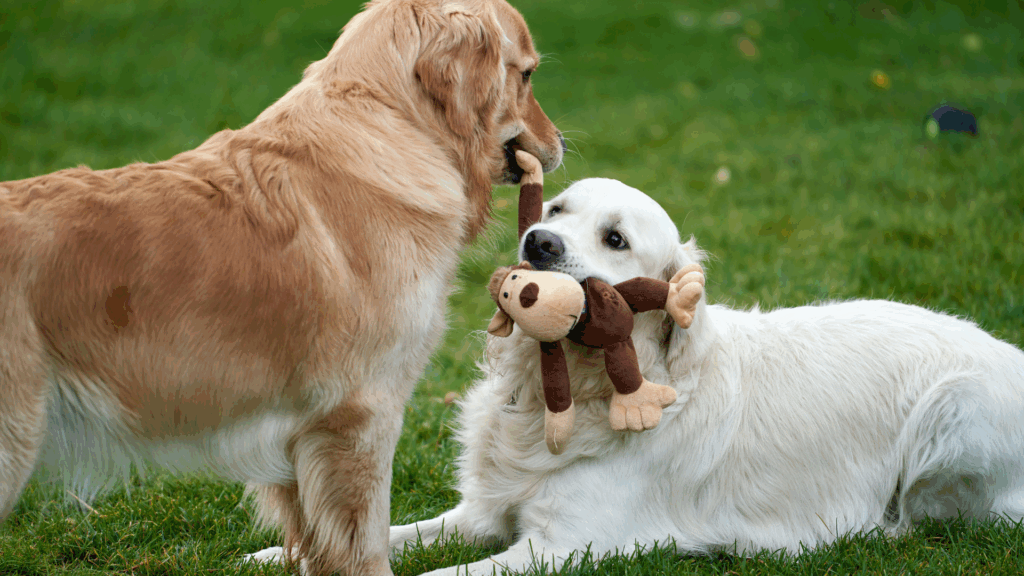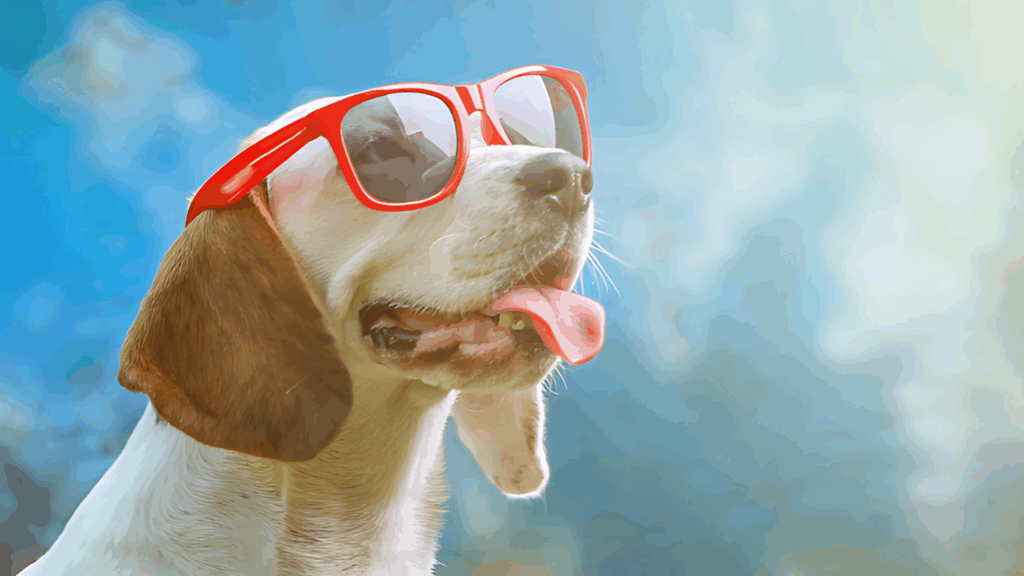Brace yourself, because we’re diving headfirst into a truth bomb that stings worse than stepping on a Lego in the middle of the night: your dog’s favorite human isn’t you. That’s right. The dog you feed, walk, and cuddle might just be sneaking in a little extra adoration for someone else. And no, it’s not because they don’t love you—it’s because dogs are shameless opportunists. Let’s unpack this betrayal together.

The Brutal Hierarchy of Dog Love
Here’s the thing: dogs are relationship pragmatists. Their affections are earned, not gifted, and they rank humans based on one very simple metric—who meets their needs better. Think you’re #1 because you buy their organic kibble and squeaky toys? Think again. Dogs value presence and leadership over everything else.
It’s not just about who’s around the most—it’s about who provides structure, calm, and confidence. If someone else in your household (or even a visitor) consistently steps into that role, congratulations—you’ve been demoted.

What Makes Someone “The Favorite”?
Dogs are highly intuitive creatures, and they gravitate toward humans who make them feel safe, stable, and understood. Here’s why your dog might be moonlighting as someone else’s BFF:
- Calm Energy Wins Every Time
Are you the type to freak out when your dog doesn’t immediately come when called? Do you match their hyper zoomies with your own version of chaotic energy? Sorry, but dogs aren’t into that. They want someone who radiates calm, not caffeine-fueled mania. - Boundaries Are Sexy (To Dogs, Anyway)
The person who sets boundaries and enforces them kindly but firmly will always outrank the human pushover. Dogs respect structure. The human who provides it? Favorite status unlocked. - It’s About Quality, Not Quantity
You could be with your dog 24/7, but if all you’re doing is scrolling TikTok while they beg for interaction, you’re not exactly making an impression. Meanwhile, someone else might spend 10 focused minutes training or playing with them—and boom, they’re suddenly The Chosen One. - Consistency Is King
Dogs love predictability. If someone consistently takes charge, follows through, and reinforces their training, that’s who they’ll prioritize. Spoiler alert: if you’re too inconsistent, your dog has probably filed you under “fun but unreliable.”

How to Win Back the Top Spot
Don’t despair—your dog hasn’t completely written you off (yet). If you want to reclaim your title as your dog’s favorite human, it’s time to step up. Here’s how to fix this mess:
- Be Present and Intentional
Your dog doesn’t care how busy you are—they care about how much energy you’re willing to invest in them. Ditch the distractions and spend intentional time training, walking, and just being with them. - Be the Calm, Confident Leader
Freaking out when your dog pulls on the leash or barking orders like a drill sergeant doesn’t work. Lead with calm, confident energy, and your dog will naturally follow. Join our FB Group for FREE training tips about how to be a calm, confident leader. - Set and Enforce Boundaries
You can’t buy your way into your dog’s heart with treats and toys. Instead, set clear expectations and follow through. Boundaries = respect. - Consistency Isn’t Optional
Show up for your dog every single day in the same way. Training, rules, and affection should all be consistent. When your dog knows what to expect from you, they’ll start looking to you for everything.

Accept the Truth and Do Better
Let’s be honest: dogs don’t play favorites to be mean. They’re wired to gravitate toward the person who makes them feel the most secure. So if your dog’s favorite human isn’t you, don’t pout—take it as a wake-up call.
The good news? Dogs are forgiving, and loyalty is their middle name. Start meeting their needs better, and you might just find yourself back in their good graces. Until then, maybe don’t take it personally when they wag harder for someone else. After all, they’re just being dogs.
Now go forth, reclaim your crown, and remind your dog why you’re the best human they’ll ever have. It’s time to take back the throne!
